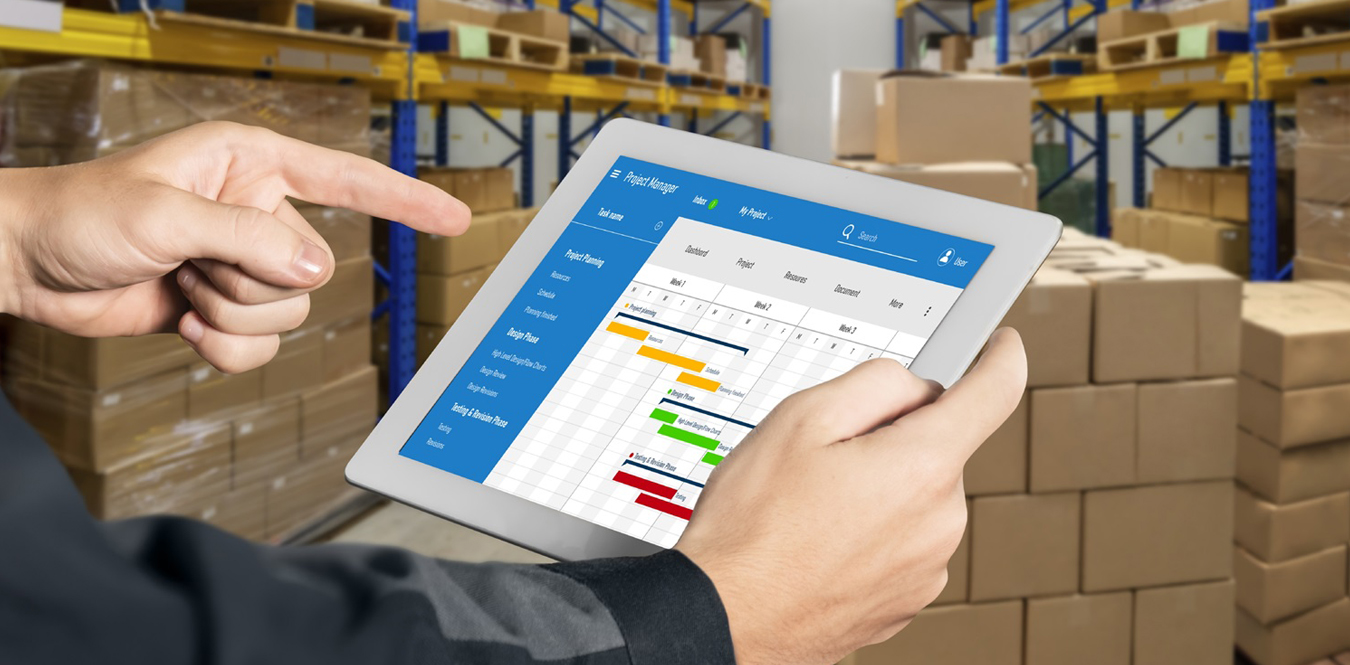 SHARE
SHARE
Unraveling What Data Warehouse is: Its Functions and Characteristics

Have you ever wondered where a company stores an overwhelming amount of data? Large companies undoubtedly accumulate a vast amount of company data, often internal and external data. Thus, a Data Warehouse becomes one of the answers.
Why Data Warehouse, you may ask? It's because Data Warehouse serves such a significant and vital function, making it a priority for business owners. So, what exactly is a Data Warehouse? Why is it so crucial for companies? Let's explore this article to find out!
Understanding Data Warehouse

Sumber: unsplash
A Data Warehouse is a computer system designed to store or archive data from various sources, typically implemented within a company or organization.
In addition to storage, a Data Warehouse also functions to analyze historical data within a company, such as sales data, employee salaries, and other information.
The term "warehousing" in action verbs refers to the activity of collecting data from various sources, which is then processed into information aimed at facilitating readers' understanding and serving business strategy needs. This technique is highly useful as it combines technology and components to aid in the strategic use of data.
Functions and Why Data Warehouse is So Important

Sumber: Freepik.com
Now that we understand what Data Warehouse is, why is it so important for a company, even becoming a special priority in every company? To answer this, let's look at the functions of Data Warehouse:
1. Storing and accessing a complete set of past data.
2. Predicting future patterns.
3. Quick and structured access to required data.
4. Providing consistent information for all parties.
5. Conducting data integration processes.
6. Reducing repetitive analysis processes.
Data Warehouse isn't only used by start-up companies! Its usage is widespread, ranging from public sectors, aviation, telecommunications, and banking, to healthcare and restaurants, all utilizing and benefiting from the functions of Data Warehouse.
Characteristics of Data Warehouse

Sumber: Freepik.com
With the significant function and role of Data Warehouses in companies, it's essential to understand the characteristics of how Data Warehouse operates. Here are some characteristics of a Data Warehouse in performing its functions:
1. Subject-Oriented
Data Warehouse systems are designed to analyze data based on specific subjects within a company or organization. Additionally, the Data Warehouse is subject-oriented, meaning the system's design is based on specific subjects relevant to the company or organization. This is due to the Data Warehouse's purpose of storing data and supporting accurate decision-making.
2. Integrated
Another characteristic is integration because Data Warehouse can store data from various sources in a consistent format and integrate them with each other. Thus, the data remains unified, supporting the concept of Data Warehouse.
Integration requires that data sources are fulfilled in various ways but must be consistent in naming variables, size, coding, and consistent structure in the physical attributes of the data.
3. Time-Variant
All data in the Data Warehouse is accurate or valid within a specific time frame. This data continuously absorbs recorded data from the beginning of the Data Warehouse's formation to the most recent.
All data is used for analysis and making valid decisions within a specific time frame, such as daily, weekly, monthly, or even yearly. If you want to maintain data validity, the time element in the Data Warehouse must be clear within a specific time frame. This is because the data records in the Data Warehouse have a longer time frame than operational databases for periodic data analysis purposes.
4. Non-Volatile Stored Data
This characteristic means that data in the warehouse is not updated in real time. However, if refreshed regularly in the operating system, new data is added as a supplement to the database, not as a change. This database system will continuously absorb new data, gradually integrating it with the previous data.
Data Warehouse Components

Source: Freepik.com
A Data Warehouse requires several components to function properly. According to the Data Warehouse Information Center, the components of Data Warehouse include:
- Data Staging, which extracts and loads data in the same format without changing the data's value.
- Source Data, which is a data warehouse from various sources, including internal, external, archived, and others.
- Metadata provides explanations about data beyond the data dictionary. Metadata is also divided into several parts, namely Operational Metadata, Transformation, Extraction, and User Metadata.
- Data Storage is a medium for storing data outputted from data staging.
- Management & Control involve management and control found in data staging and metadata.
- Information Delivery is a component for delivering information to users.
So, that's the explanation of what Data Warehouse is, its functions, characteristics, and components, allowing Data Warehouse to perform its functions effectively as a company's data repository. The existence of a Data Warehouse also serves as information in large quantities, designed for monitoring and analysis in business operations.
Now that you understand the importance of Data Warehouse, you may want to implement it in your company, right? Well, if you still need clarification about choosing a reliable Data Warehouse provider, ESB with its ESB Core could be the right choice for you. ESB is an ERP application provider that also offers data storage features, acting as a Data Warehouse, for all your business transaction and inventory management processes. This way, your business transaction data can be stored securely, accurately, and efficiently throughout your business operations. This will facilitate you in evaluating and analyzing your business.
 SHARE
SHARE





